The Influence of Parametrised Tasks on Learners’ Judgement Accuracy – A Secondary Analysis
EARLI 2025 - August 26th, 2025 - Graz, Austria
Karlsruhe University of Education, Germany
Relevance
Parametrised tasks are tasks with varying parameters (e.g., Michael, 2021)
- non-parametrised task can be repeated
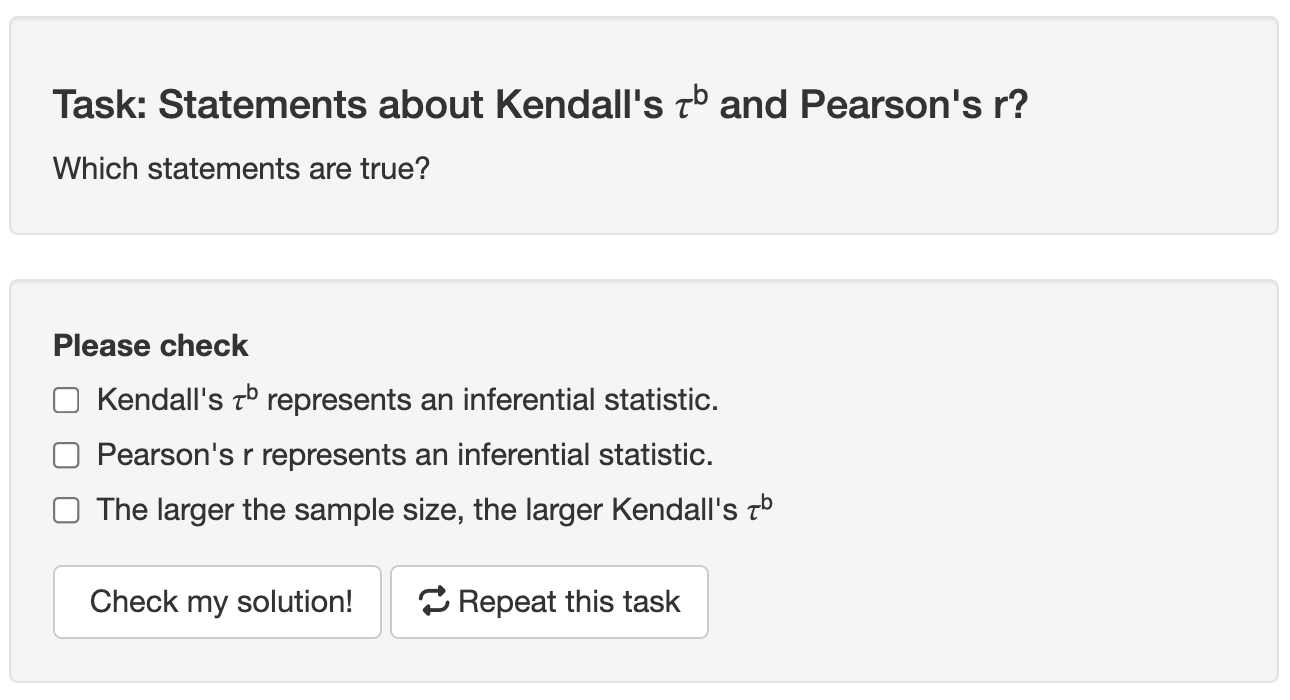
- parametrised tasks can be repeated & generate a new task
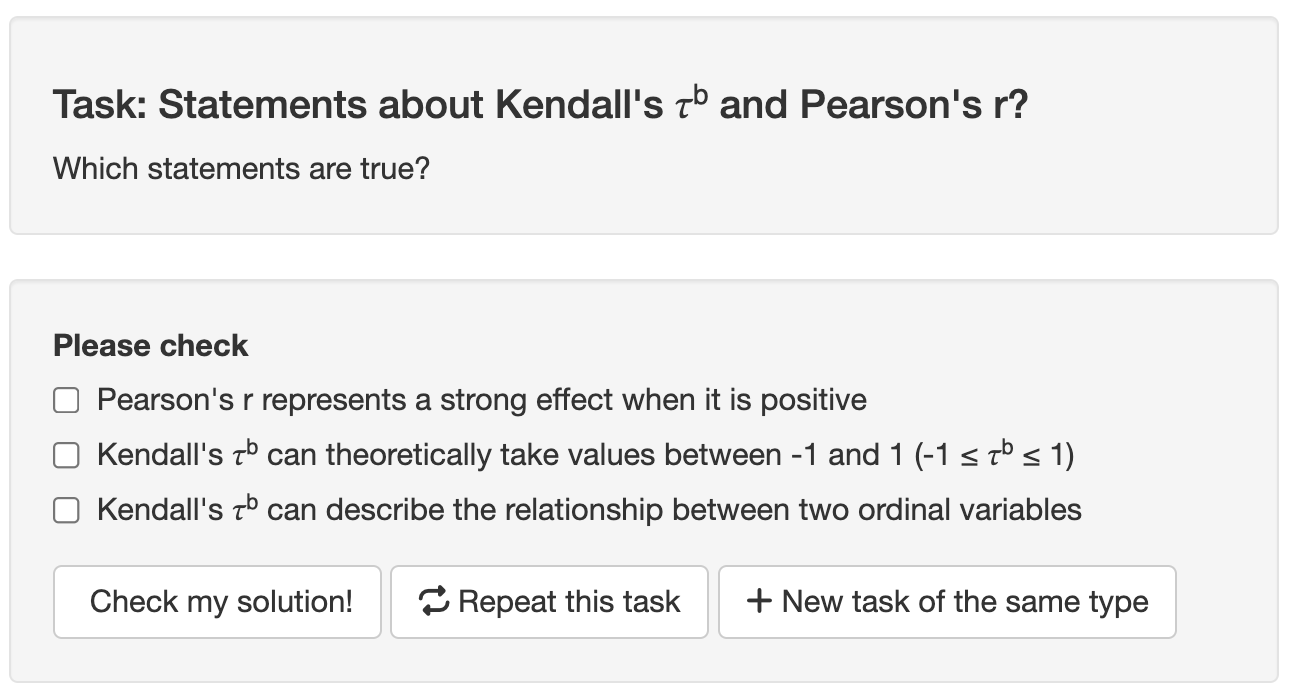
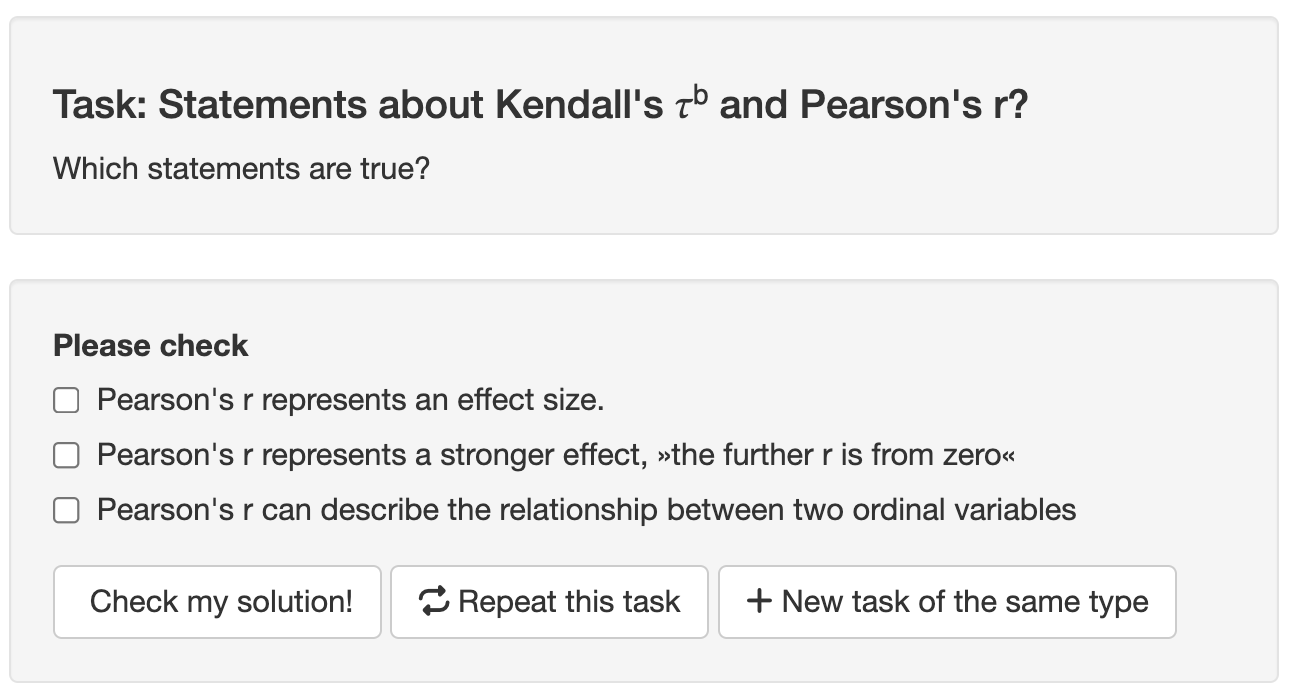
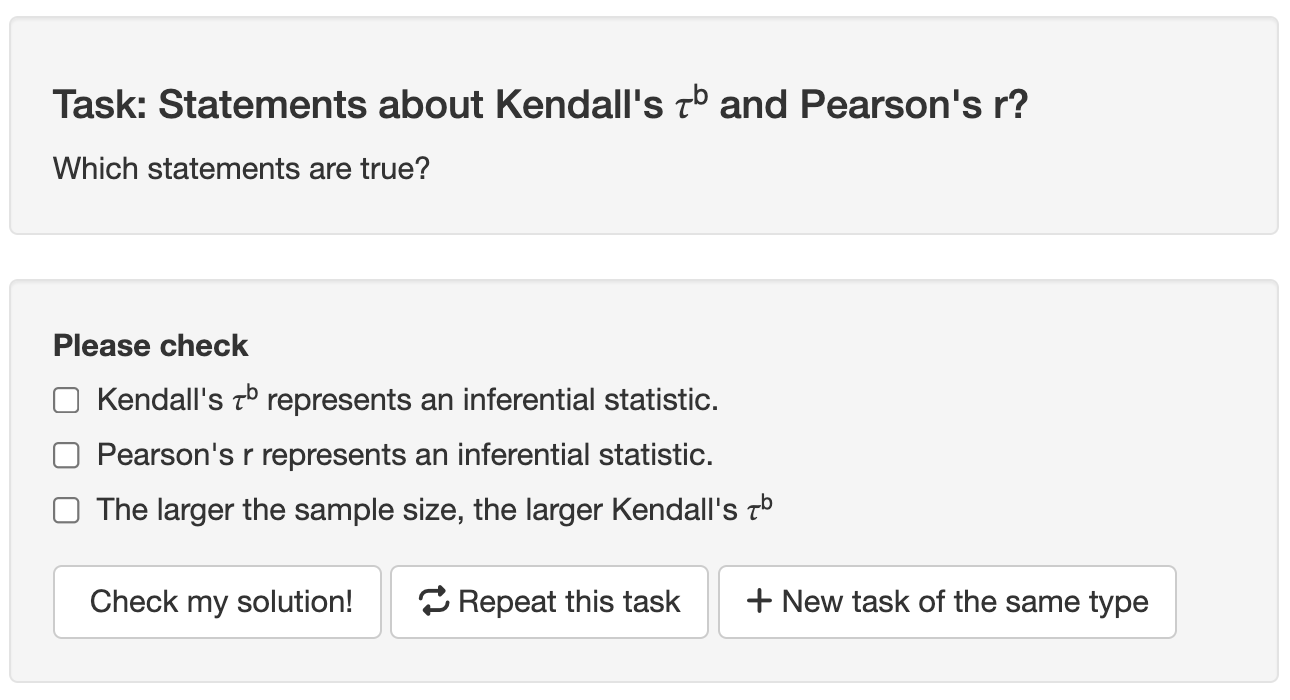
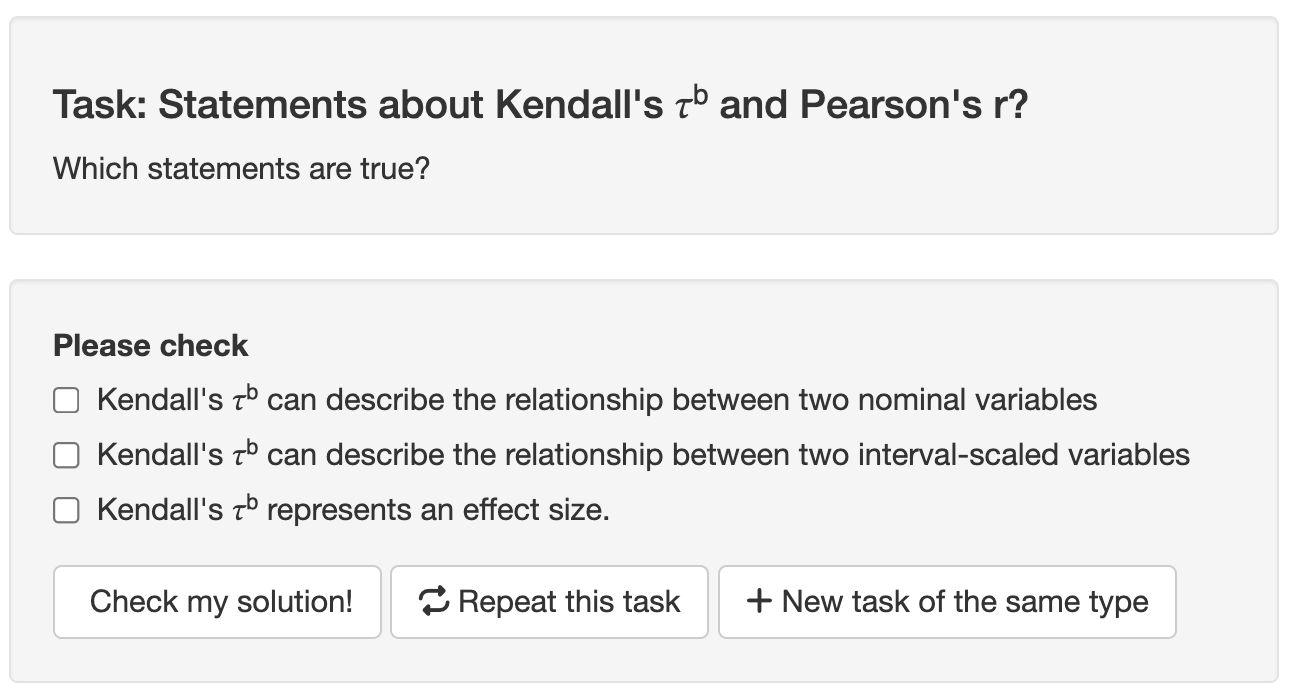
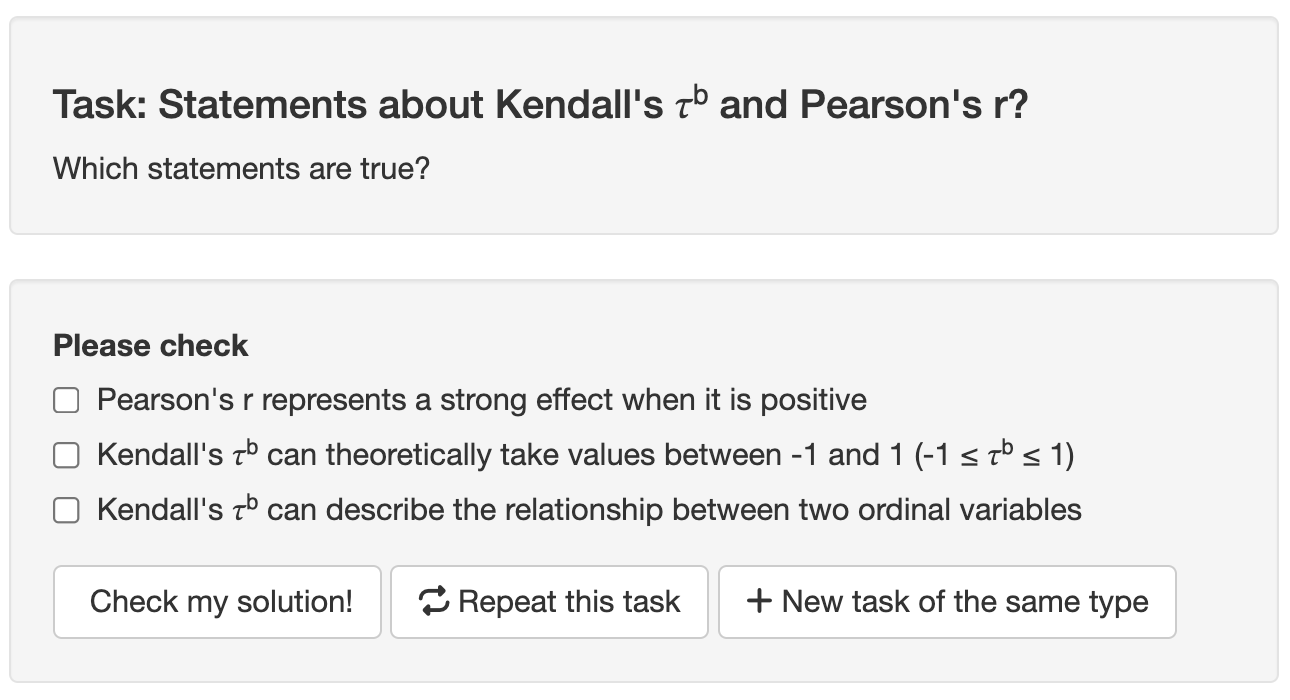
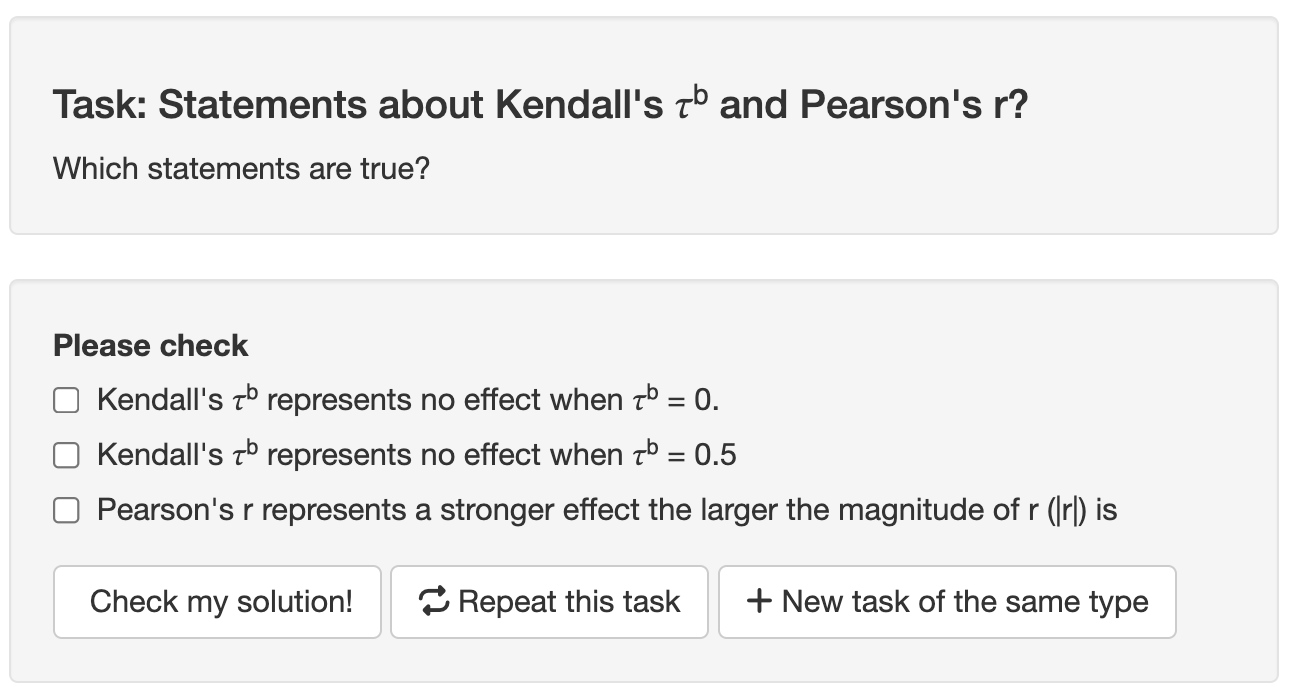
SRL - cyclical model by Zimmerman (2000)
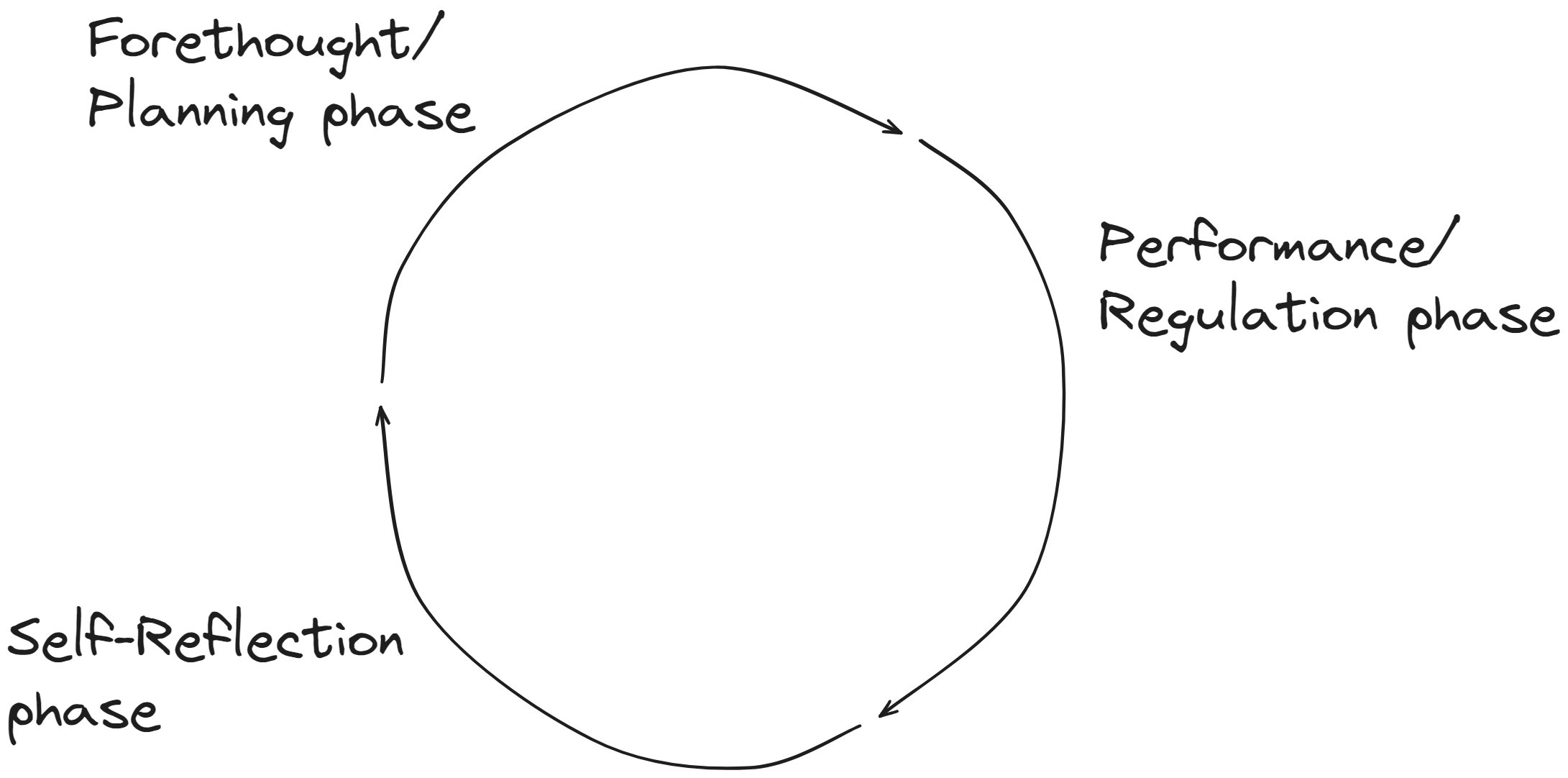
Judgments
Performance judgment (e.g., Schraw, 2009)
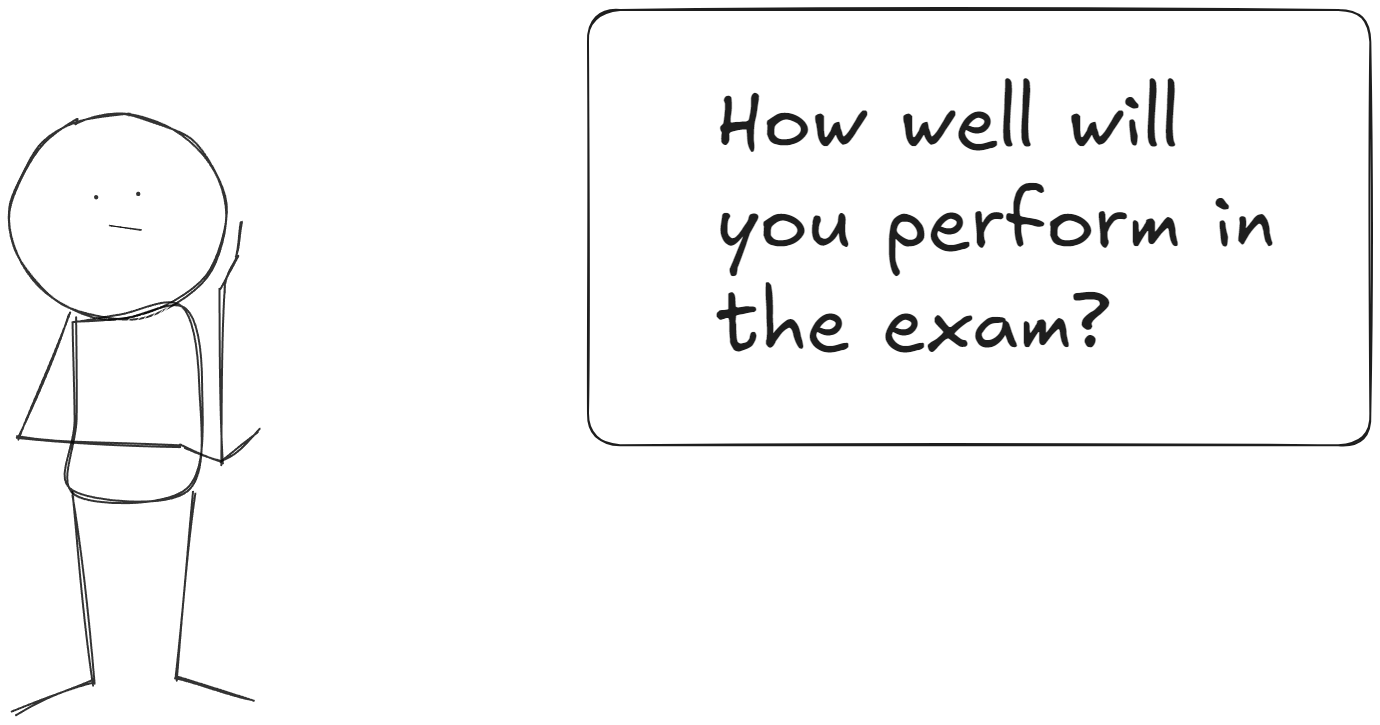
Judgment Accuracy
Absolute Accuracy (Maki et al., 2005)
Bias (Schraw, 2009)
- Overestimation (e.g., Prinz et al., 2020)
- Underestimation (Koriat et al., 2002)
Hypothesis
Students’ judgments are more accurate – less overestimation or less underestimation – after working on parametrised tasks than after working on non-parametrised tasks
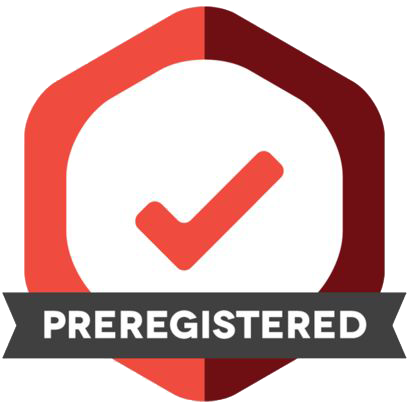
Method
Design
- experimental field study with pre-service teachers
- within-person design
Participants
- N = 174 pre-service teachers
- M_age = 21.5 years (SD = 3,26)
- 78,7% female
Results
Bayesian multilevel model (Bürkner, 2017)
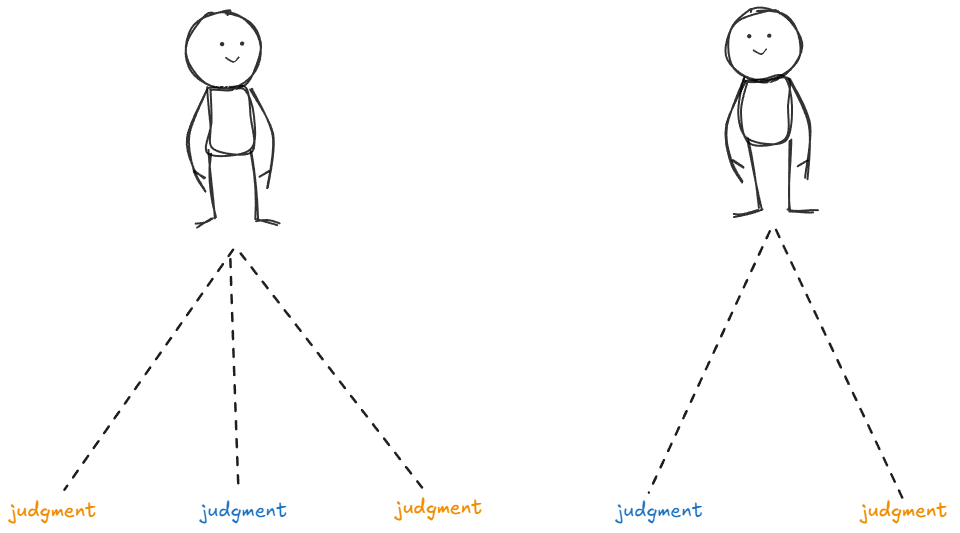
Results
- The estimated effect of condition was small and uncertain (β = 0.01, 95% CI [−0.02, 0.04]).
no differences between the types of tasks
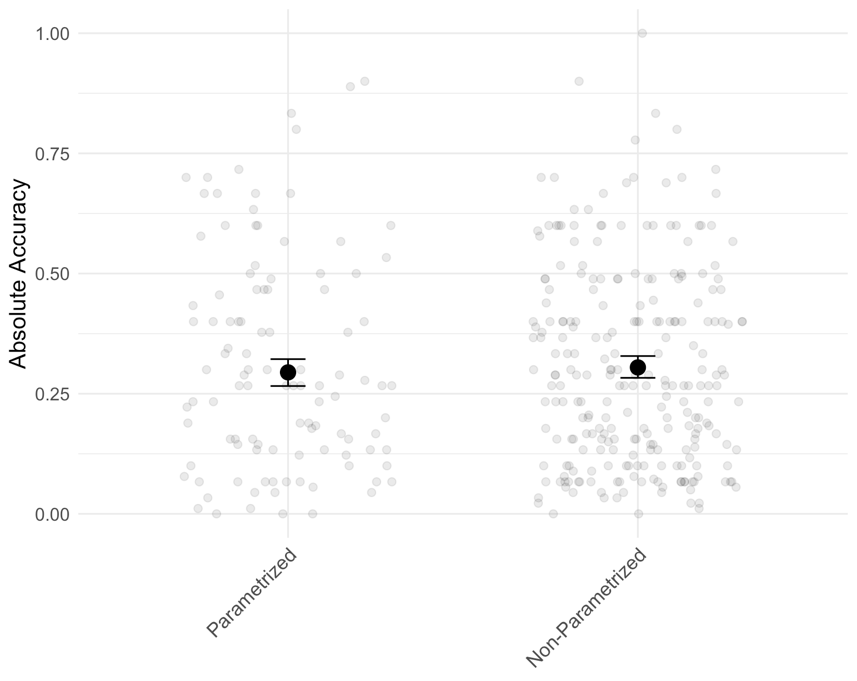
Exploratory analysis
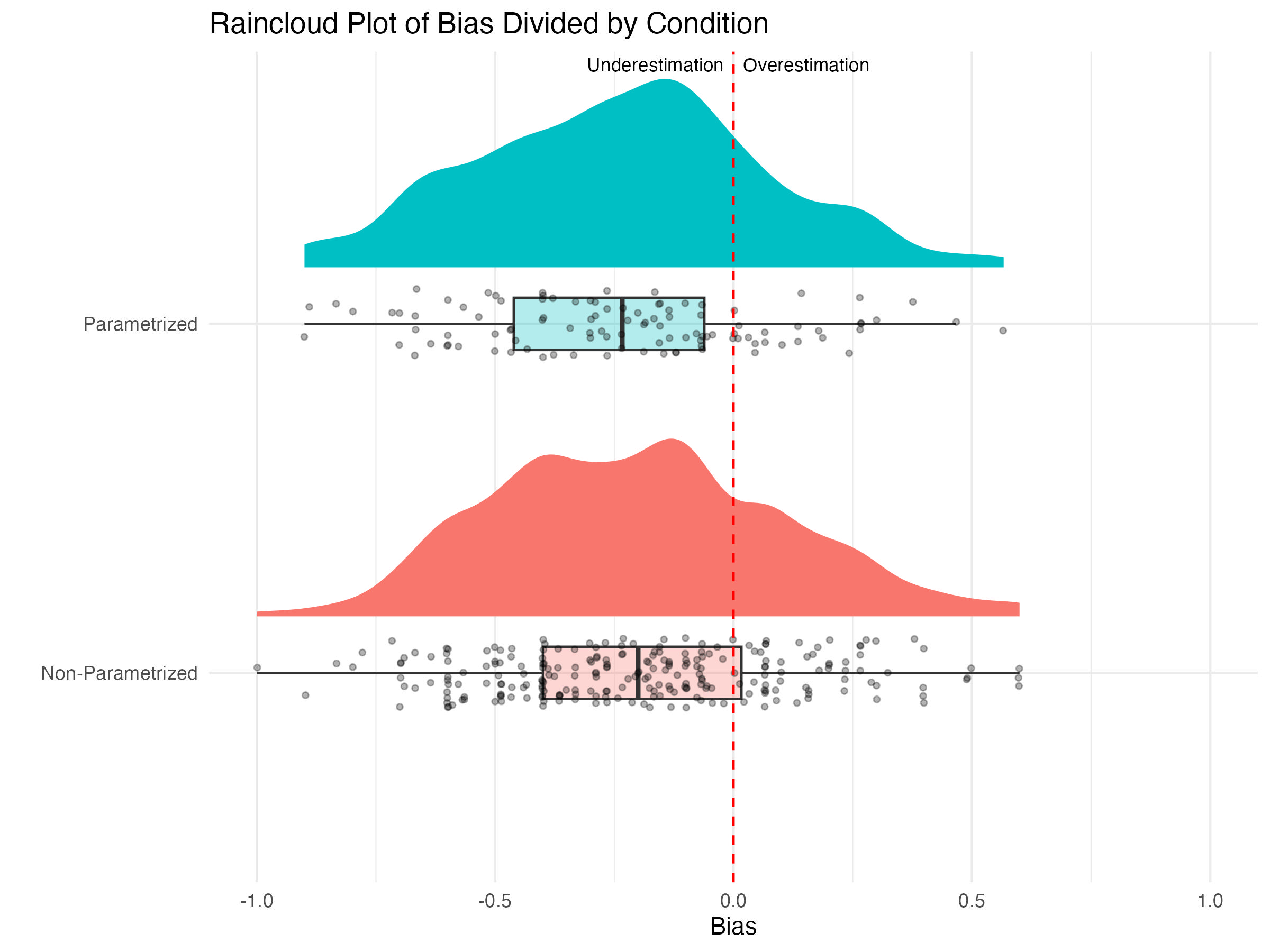
Discussion
Why did we not find any differences?
- high (intrinsic) cognitive load for both types of tasks (Golke et al., 2022; Seufert, 2018, 2020)
- generalized judgment strategy (Hoch et al., 2023)
Underestimation
Pattern occurs less often than overestimation.
underconfidence-with-practice (UWP) effect (Koriat et al., 2002)
data driven interpretation of effort (Baars et al., 2020; David et al., 2024)
statistics anxiety (McIntee et al., 2022)
Implications
More research on the effects of parametrised tasks on learners’ judgments
- e.g. other domains, between subject designs, underlying cognitive processes
Focus on underestimation
- underresearched
Scan QR code for my slides
contact: Theresa Walesch (they/them) theresa.walesch@ph-karlsruhe.de
Summary findings


Theresa Walesch (they/them) - theresa.walesch@ph-karlsruhe.de
Appendix
Overestimation
(Self-assessment > Performance)
- occurs more frequently with novices or new topics (Golke et al., 2022)
- Risk: stopping learning too early
- Consequence: knowledge gaps -> poorer performance (Dunlosky & Rawson, 2012)
Underestimation
(Self-assessment < Performance)
may occur after some practice → “Underconfidence with practice effect” (Koriat et al., 2002)
Risk: ineffective regulation (Sarac & Tarhan, 2009)
Missingness
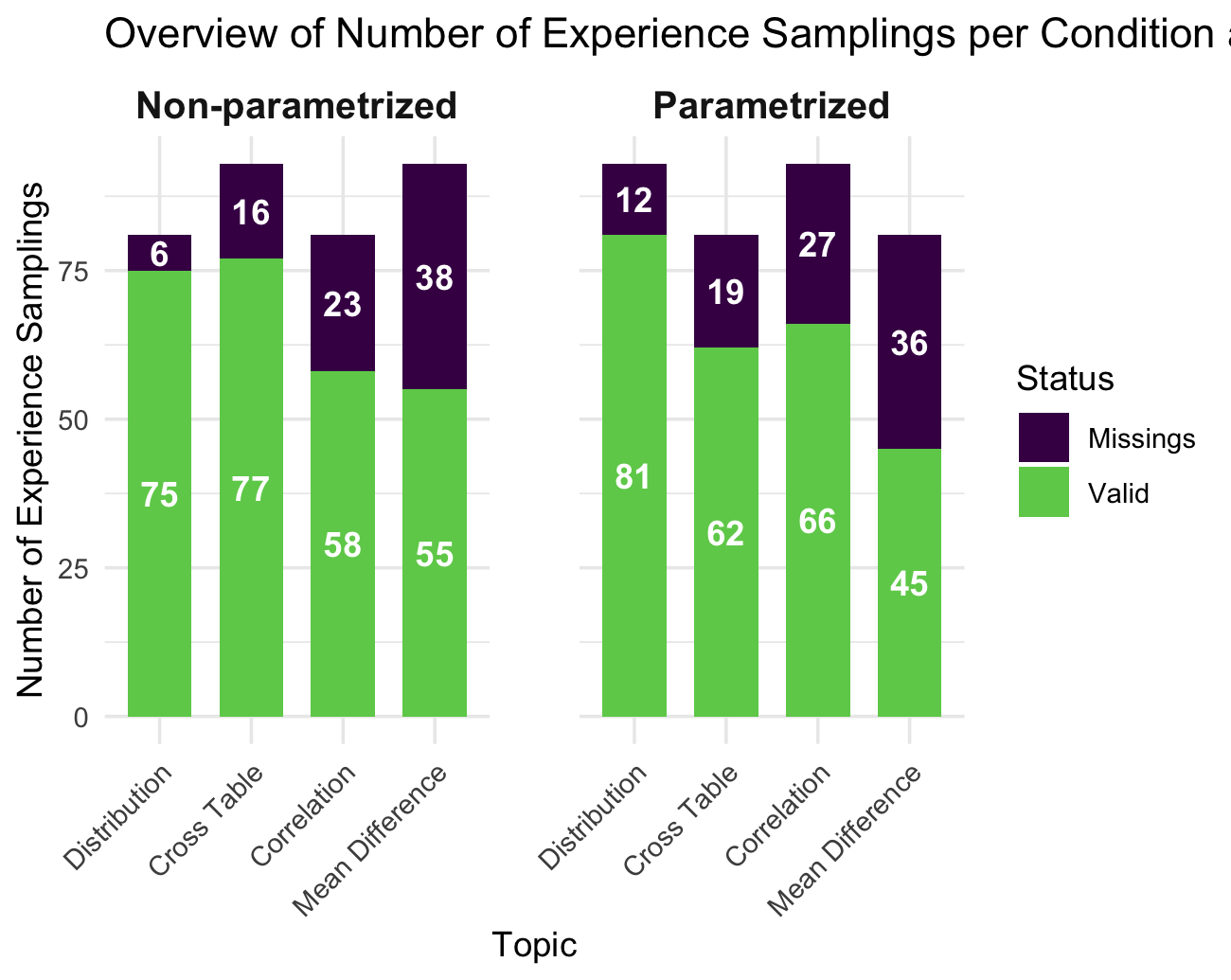
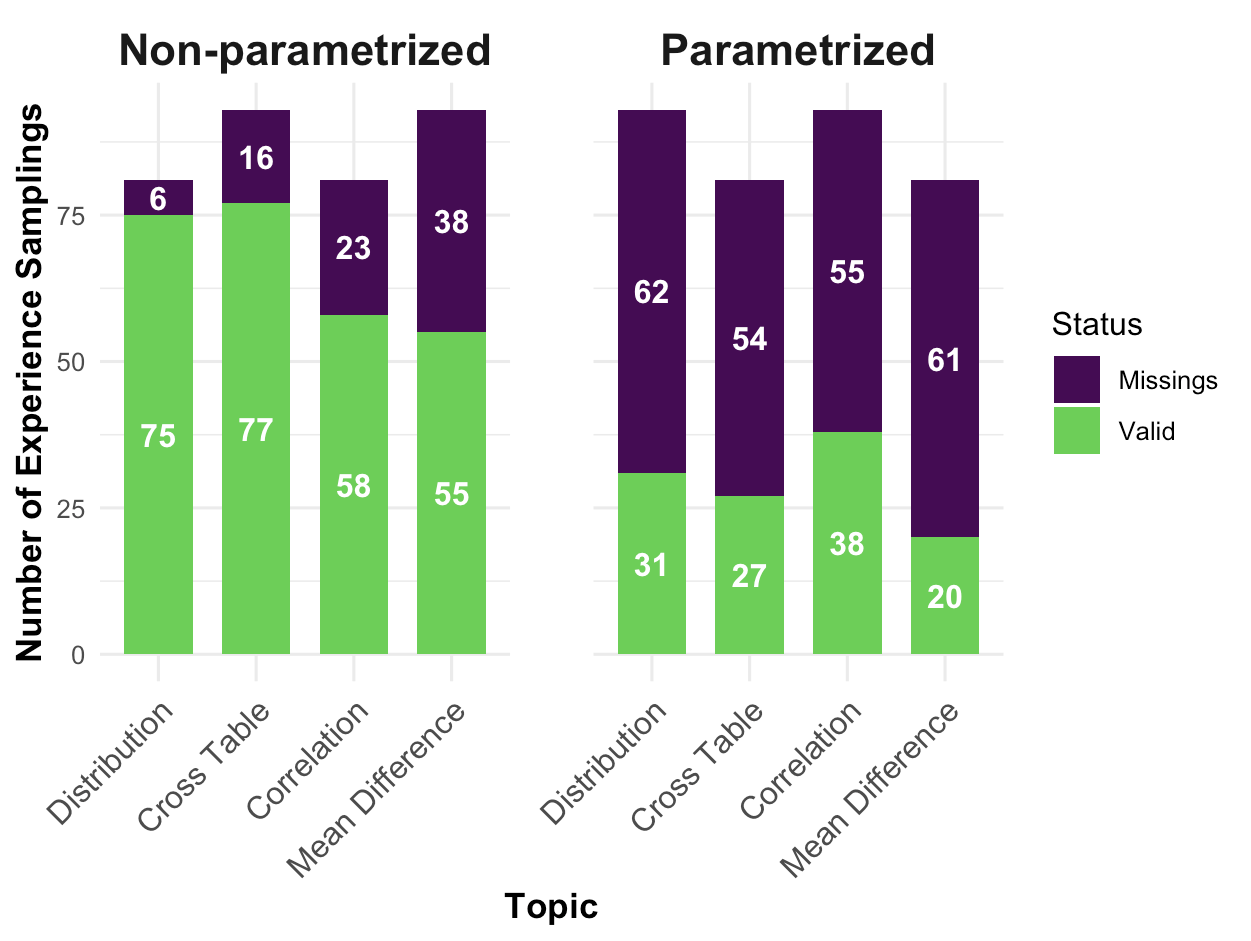
Missingness mechanisms definitions
- MAR: missingness is depending on something observed (but not something unobserved) (Schafer & Graham, 2002)
- MCAR: missingness has no relationship (is independent of) both observed and unsobserved variables (Schafer & Graham, 2002)
- MNAR: missingness is related to the missing parts of the data (Graham, 2009)
Imputation during modelling
- mi() function of the brms package (Bürkner, 2024)
- one-step imputation
- specifies which variables are included
Literatur
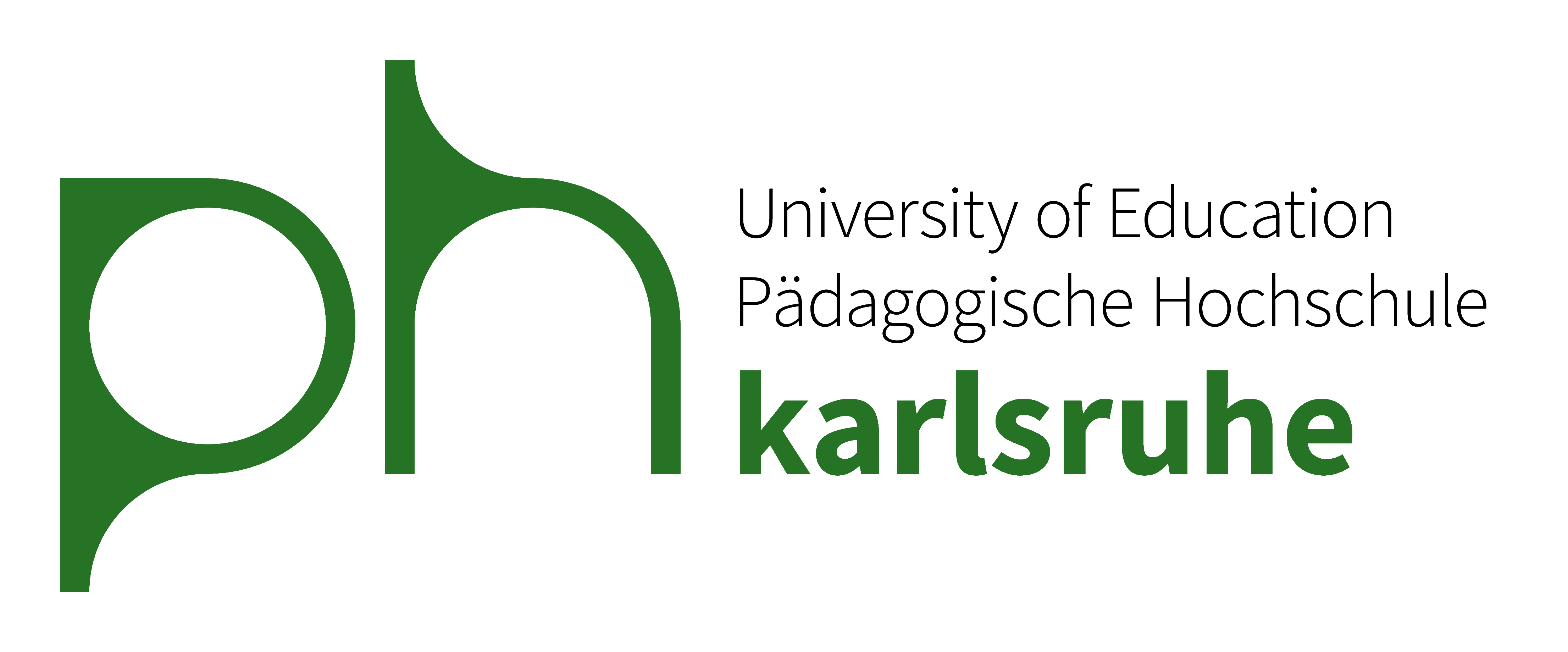
EARLI 2025 - August 26th, 2025, Theresa Walesch